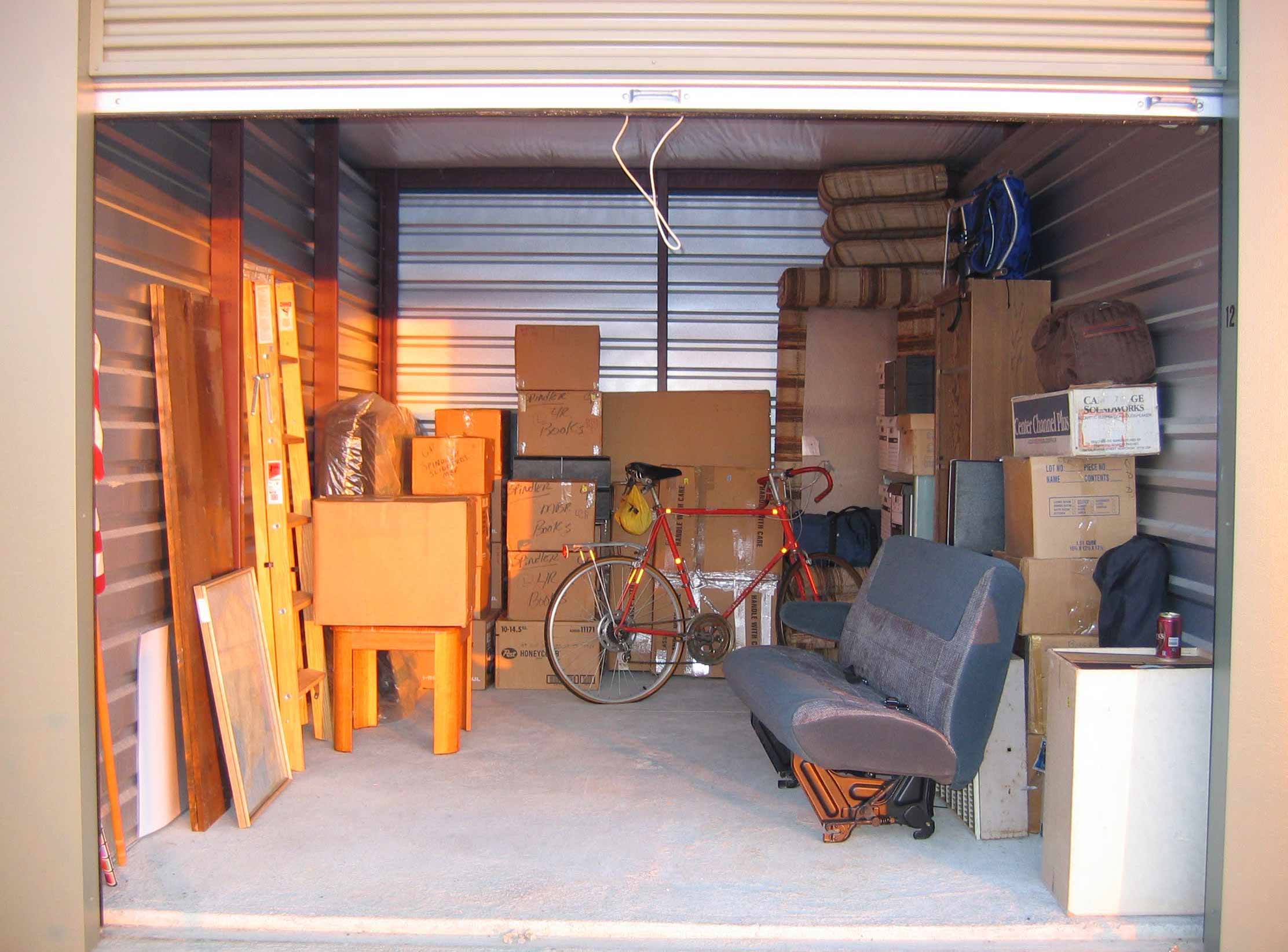DID YOU KNOW? Storage Facility Insurance May Not Be Needed

About 10 percent of all American households have a storage unit in one of the 52,000 storage facilities across the country offering 2.3 billion square feet of space to rent and grapple with whether they need storage facility insurance.
If you are someone with too many things and not enough space, you may be wondering if you need the insurance offered at the storage facility.
As with most insurance questions, the answer starts with "it depends."
Most home insurance policies cover the home itself and provides coverage for your personal property -- your clothes, furniture, home electronics, bedding, etc. But does that coverage still apply when your personal property is not physically located in your home?
Most policies provide worldwide coverage for your personal property, with some limitations. The limitations apply when some of the personal property is "usually located" in another residence that is not insured with the same insurance company. For example, suppose your own a home, but also rent a vacation home for 3 months every summer. Your homeowner’s insurance policy indicates a personal property limit of $250,000. The amount of personal property that you bring with you to the rental home would be limited to no more than 10% of the personal property limit on your home policy ($25,000).
With most companies, this 10% limitation on personal property does NOT apply to storage facilities, but it would be prudent to confirm in writing with your agent. Also, many storage facilities only let you waive their insurance if you can prove that your homeowners/renter's policy will cover your items stored on their property.
Here’s how one company insures off-premises personal property, or storage facility insurance:
“If the covered loss takes place at a residence you own or live at that does not have contents coverage listed in this policy or any other policy issued by us, we will pay up to 10% of the contents coverage in this policy.”
The key words/phrases in this sentence are “residence” and “live at." The limitation only applies to a “residence” or somewhere in which you would “live at." A storage facility is not a residence (or it least they are not intended to be a residence) so the limitation would NOT apply. This is good news because it means you don’t have to buy the insurance offered by the storage facility, which is usually very expensive and very restrictive in its coverage.
Keep in mind that if there is a loss to your personal property in storage, coverage would apply as if it happened at your home. This means your homeowner’s deductible would apply, along with all of the policy exclusions. So if your homeowner’s policy excludes losses due to flood, a flood loss at the storage facility would also be excluded. Conversely, you may actually pick up coverage from your home insurance policy that might otherwise be excluded. Let’s say that you rent a storage unit in Florida, but the insurance on your primary residence is for your home in Illinois. If you bought coverage from the Florida storage facility, losses due to hurricane would very likely be excluded, but if your Illinois policy did not exclude losses due to hurricane, coverage would apply to the property in storage in Florida.
Have questions about storage facility insurance? David Miller has answers. Miller, who writes the monthly, DID YOU KNOW? blog is The Plexus Groupe’s Vice President, Client Executive for Private Client Solutions. Miller can be reached by calling 846-307-6141.


